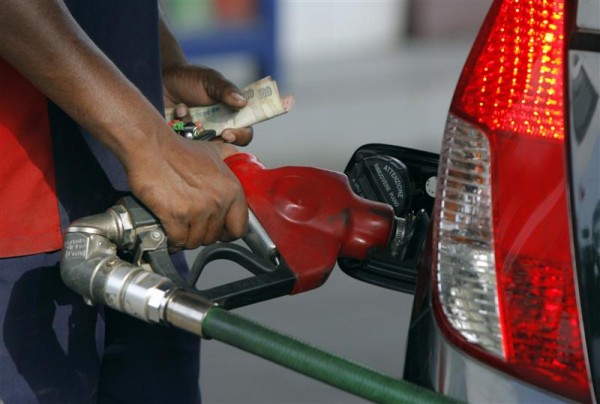According to the Chief Executive Officer (CEO) of the Ghana Chamber of Bulk Oil Distributors (CBOD), Mr Senyo Hosi, the upcoming price reduction was due to the marginal decrease in the world market price for refined petroleum products.
“One good news is the performance of the cedi against other major foreign currencies, especially the dollar. The performance of the cedi is another motivation for the reduction,” he stated in an interview with the Daily Graphic last Friday.
“We wish to assure consumers that the prices of the products will continue to be reviewed downwards so long as the cedi rises and the world market price of refined products reduces,” he said.
He also announced that the CBOD would henceforth publish the indicative prices of petroleum products every two weeks – subject to the world market price and macroeconomic indicators.
Mr Hosi said the CBOD was taking steps to prevail on the National Petroleum Authority (NPA) to abridge the time frame for the announcement of new prices for petroleum products.
According to the current schedule, prices are to be reviewed every two weeks, but Mr Hosi said that arrangement did not make it possible for bulk oil distributors (BDCs) to lower prices on a daily or weekly basis when prices dropped or increased.
Energy Minister
Based on the above developments, the Energy Minister, Mr Emmanuel Armah-Kofi Buah, told the Daily Graphic in an interview that there could not be any justification for fuel prices to remain the same, given the positive performance of the cedi on the forex market.
“Given the recent significant appreciation of the cedi against the dollar, I expect a corresponding reduction in the prices of petroleum products in the next pricing window,” he said.
Background
Petroleum prices have gone up by more than 25 per cent in the past four months. The price of crude oil fell below $51 a barrel last Tuesday after hovering round the $60 level.
As of Friday July 10, 2015, the cedi was being sold for GH? 3.4596 at the interbank market and being purchased for GH?3.4630.
The cedi has gained 4.27 per cent in its value since February 2015.
The depreciation of the cedi against the major foreign currencies, especially the dollar, was mainly the cause of the increment because most of the products are imported.
The last increment of close to 15 per cent was recorded on July 1, 2015.Transport fares also shot up, to the annoyance of motorists and passengers.
However, the past few weeks have seen a steady appreciation of the cedi.
Price liberalisation
The government, with effect from June 16, 2015, decided to wash its hands off the pricing of petroleum products.
The decision of the government means that BDCs and oil marketing companies (OMCs) will now have the liberty to price their own products.
The strategy, which is the final phase of Ghana’s petroleum downstream deregulation policy, will result in the cessation of subsidies on fuel products.
The government’s indebtedness to BDCs due to subsidies currently stands at more than $800 million.
The move, according to the NPA’s Chief Executive, Mr Moses Asaga, was to promote competition in the sector, as well as do away with huge debts resulting from subsidies, which in turn placed a toll on the government purse.
History
The deregulation of the petroleum downstream sector started with the establishment of the NPA, which decided to deregulate the industry that used to be controlled by the Tema Oil Refinery (TOR), the Bulk Oil Storage and Transportation (BOST) Limited, the Ghana National Petroleum Corporation (GNPC) and a few multinational companies.
The BDCs were introduced in the process. They were initially four but the number has now increased to 27.
The OMCs, which were less than 10 some decades ago, have shot up to 120. Out of the number, 70 per cent control the retail market.











 (Selorm) |
(Selorm) |  (Nana Kwesi)
(Nana Kwesi)